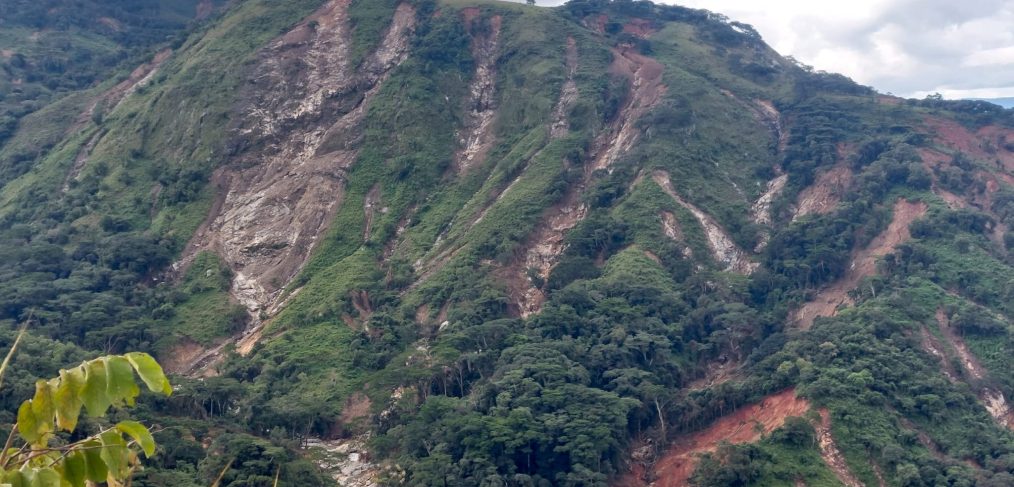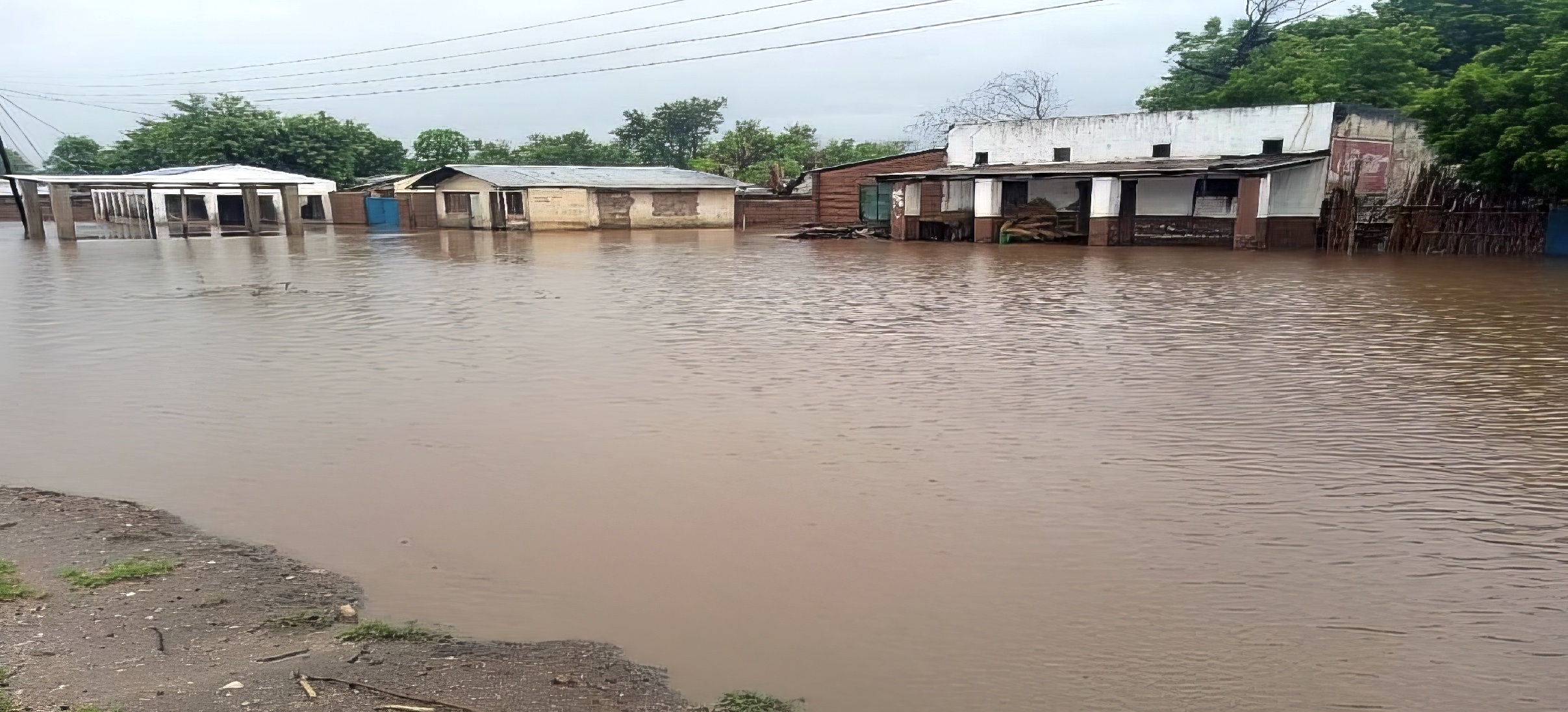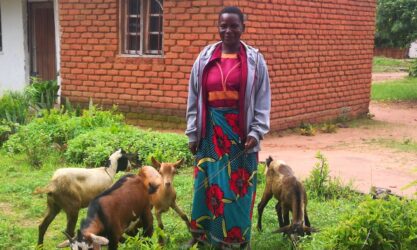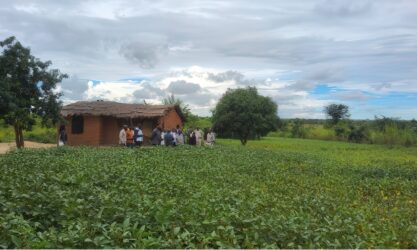
Cyclone Freddy: A Wake up call for Malawi
From 11th to 14th March 2023, Cyclone Freddy hit Malawi with a vengeance, sweeping away entire villages and leaving 676 dead and 537 missing. Over 659,278 people have been displaced due to the flooding while over 1.1 million people are in urgent need of humanitarian assistance.
Massive infrastructure damage has been reported, including roads, bridges, clinics, schools, and houses and other property of desperately poor people. An estimated 738,200 learners are unable to attend classes due to their schools being flooded, cut off, or turned into IDP camps while 577,525 children under five years old and lactating mothers are estimated to be at risk of malnutrition.
This natural disaster has exposed Malawi’s vulnerability to climate change and starkly illustrated the cost of deforestation. Global Forest Watch reported that Malawi has lost 209,000 hectares of forest cover in 20 years and the rate is showing no sign of slowing down. Malawi’s natural buffers against flooding have thus been removed or compromised in many places.
During Cyclone Freddy, the denuded hills resulted in dangerous landslides that sent mud and huge rocks hurtling down and buried people, livestock, and crop fields in their paths while further degrading the landscape through soil erosion and subsequent gulley formation. The hardest hit communities in Malawi are located in the rural areas (85% of the population is rural), where people live off low-yield subsistence crop farming. The cyclone hit just before crops were due to be harvested, leaving thousands of households dependent on food aid to survive.

Besides the general decline in natural resources, Malawi’s protected areas are coming under increasing pressure. Neighbouring communities are clearing parts of these parks and reserves for croplands, encroaching them in search of firewood, and inevitably coming into more conflict with wildlife like elephants.
Cyclone Freddy also hit communities living around Lengwe National Park and Majete Game Reserve especially hard, with 58,943 cropfields flooded or buried in mud. Davis Kaliza, Chairman of Majete Wildlife Reserve Association described the situation: “whole crop fields with ready-to-harvest food crops like maize, sorghum, sesame, and millet have been washed away.” He says further, “people are scrambling for humanitarian assistance, and need support to plant winter crops if they are to avert an impending famine.”
With no crops left, these communities may turn to poaching and other negative coping strategies to put food on the table. Urgent help is needed to mitigate the humanitarian and conservation risks associated with Cyclone Freddy. As Malidadi Langa, Board Chairman of the National CBNRM (Community-based Natural Resource Management) Forum states, “the tragedy is that while everyone is focused on humanitarian assistance, the massive environmental damage, while visible for all to see, remains off the radar in terms of action and will likely feed into another disaster in future.”
Poverty is the underlying cause of Malawi’s increasing vulnerability to climate change. As one of the most densely populated African countries, over 13 million Malawians live below the international poverty line of US$1.90 per day. Energy needs are met by harvesting trees for firewood, resulting in deforestation and subsequent lowering of the water table. Wells that people used to use for water are now dry soon after the rainy season. Women have to walk further than ever to provide water and firewood for their families; deforestation is increasingly impacting women more than men.
While aid is needed urgently to get over the current crisis, we need long-term solutions just as much. The government’s Forest Landscape Restoration Strategy, which commits to restoring 4.5 million hectares of degraded forests, is a start in the right direction, although this suffered a severe set back due to Cyclone Freddy. Newly planted tree seedlings were uprooted, tree nurseries were washed away, and massive soil erosion left large areas too degraded for tree planting operations.
Malawi needs more than just a tree planting strategy, as important as that is. We need alternative livelihoods and sources of energy to lift our communities out of poverty and reduce their reliance on subsistence crop farming for food and firewood for energy. For communities living near state protected areas, tourism is an option that needs to be more fully explored. Given the large number of people, however, we cannot rely on tourism alone.
The challenge before us is to diversify income streams and thus develop community resilience against shocks like Cyclone Freddy and other threats related to climate change. We are constantly looking for new ideas and solutions for our communities. If Cyclone Freddy has taught us one thing, it is that we cannot continue with ‘business as usual’.
By Malawi National CBNRM Forum


